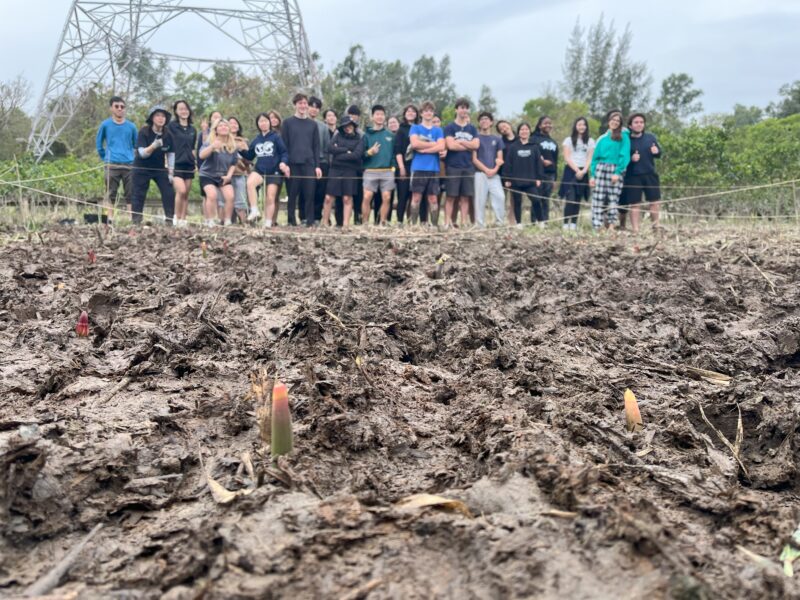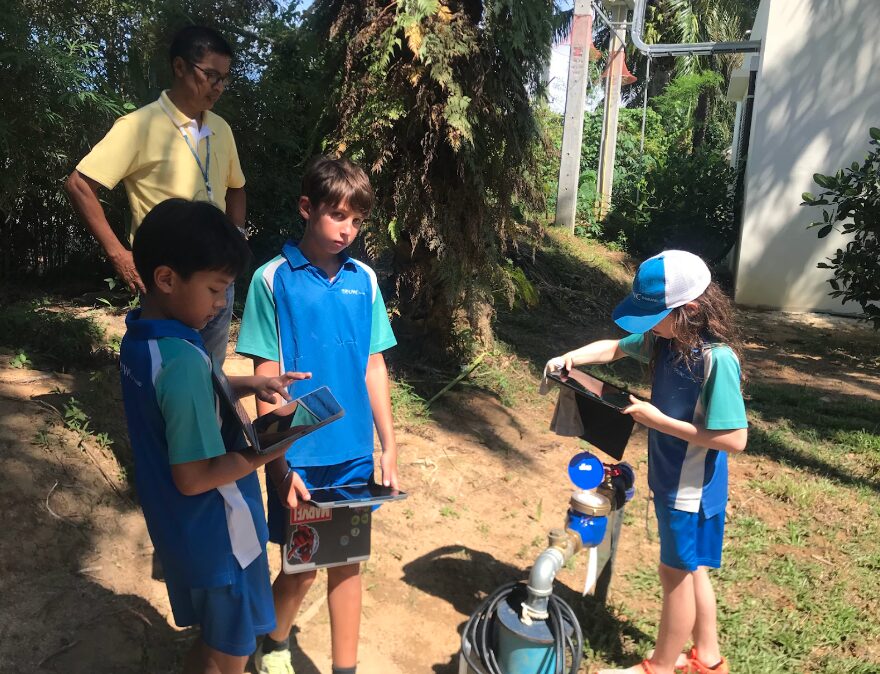
The 10% Challenge – Another UWC Thailand Student Led Initiative
Details
Contributed by Subreena Chen – Grade 11 Student
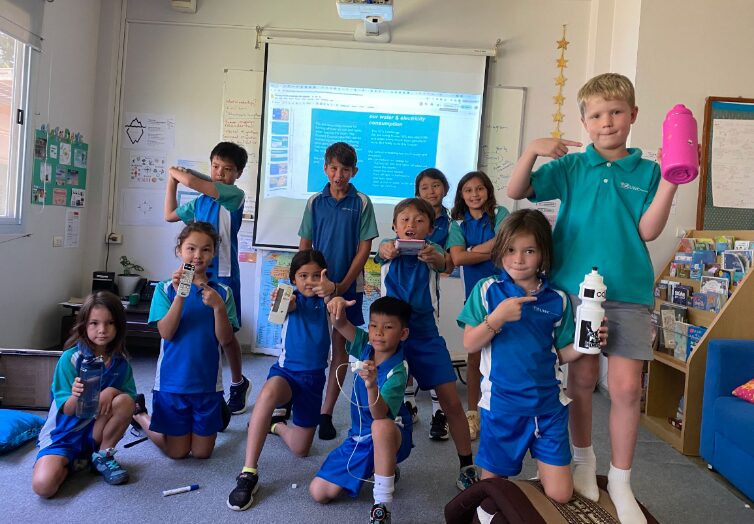
UWCT Primary Student Council
In an era where environmental concerns have reached unprecedented levels, sustainability has emerged as a crucial concept guiding our actions towards a healthier planet. The 10% Challenge is centered on a simple, yet impactful goal of reducing electricity and water usage by 10% annually. We are a team of students formed from the primary Student Council, plus the student representatives from Grade 6 to Grade 11. We believe that our community can encapsulate the essence of sustainable living through collective action and conscientious choices, and at the same time encouraging others to do so.
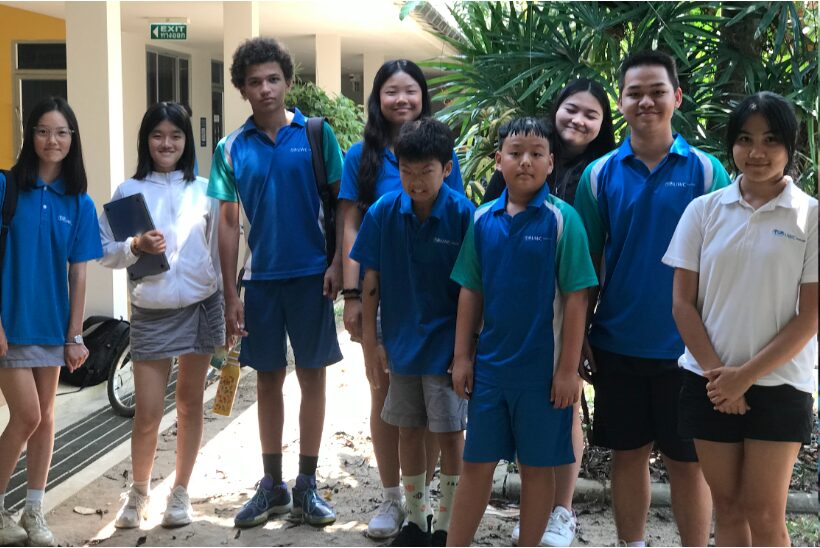
UWCT Secondary Student Representatives
At its core, the challenge aims to raise awareness about the importance of resource conservation while empowering individuals and communities to take tangible steps towards a more sustainable future. Through simple acts like switching off the air-conditioning when not in use, or minimizing the usage of water when able, we adopt energy-efficient practices that not only benefit the environment but also lead to cost savings and improved quality of life.
As a member of the 10% challenge, I personally am grateful for the opportunity to be part of such a transformative initiative. I participate in activities such as taking data of the water and electricity meters every month, and collaboratively plotting them into a graph with my teammates, and monitoring the trend of usage over the months. We take genuine part in reminding others in the environment to be wary of being sustainable.
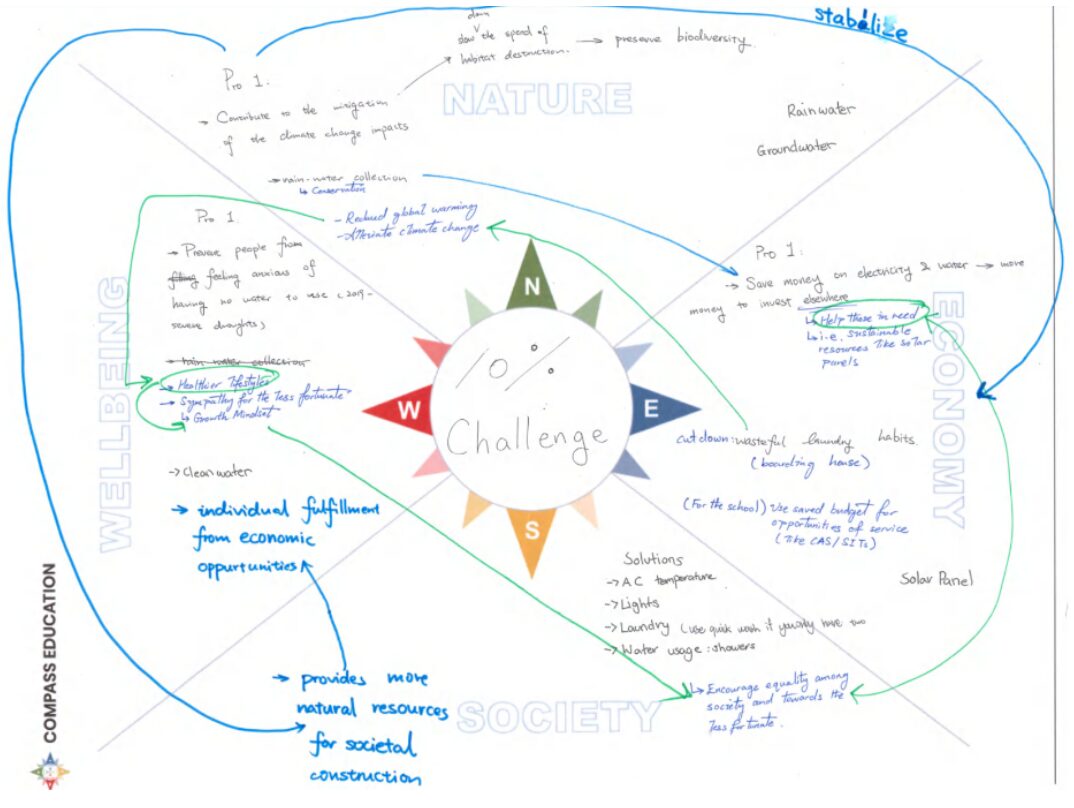
Idea Generating with Compass
The 10% percent challenge exemplifies the power of grassroots initiatives in addressing pressing environmental issues and promoting sustainable living practices. We utilized the Sustainability Compass to tackle the pressing 10% challenge across aspects of nature, economy, society, and well-being. By rallying individuals and communities around a common goal of reducing electricity and water use by 10% annually, the project demonstrates that small changes can yield significant results in the journey towards a more sustainable and resilient future for generations to come.

